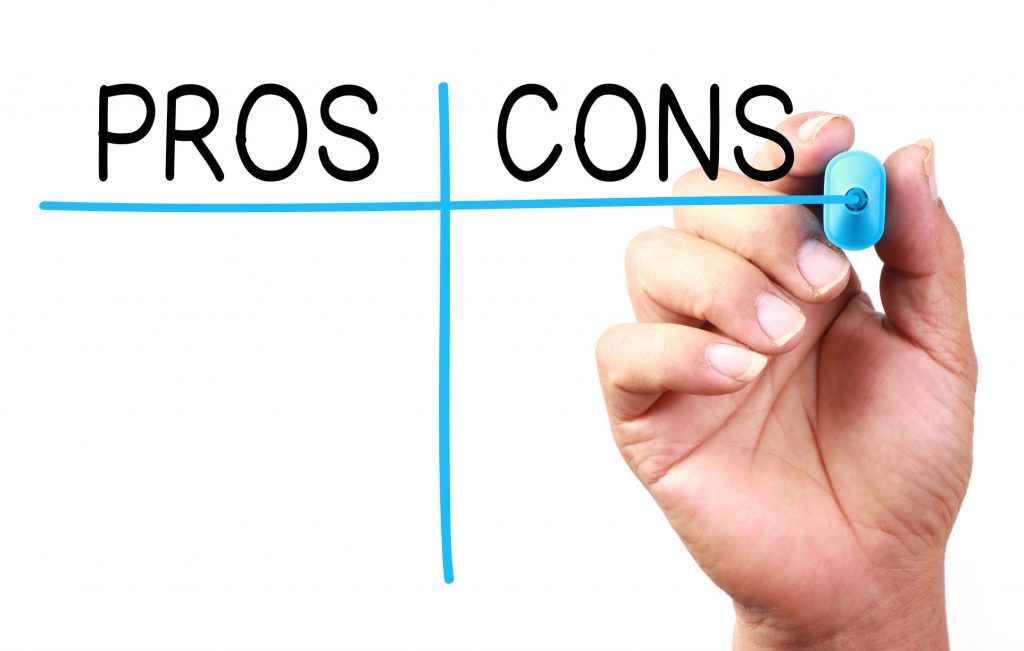
If you own a rental property in a prime vacation spot, you have probably questioned whether it is better to lease your home to as a short-term rental to those on traditional vacations or on more of a long-term basis.
Independent property owners and property management groups looking to lease out rental properties for varied lengths of time should consider many factors such as cash flow, property turnaround and usage, as well as maintenance, to name a few.
Today, we will look at both types of rentals to help you make the best decision for you and your rental business.
What is the Difference between Long and Short-Term Rentals?
When people refer to “vacation rentals,” they are typically talking about short-term rentals. Usually leased on a weekly basis, short-term rentals are rented to those looking to stay for a small period of time and leave. Holiday getaways, family vacations, and honeymoons are all instances where a tenant may lease your vacation property for a few weeks at a time.
On the other hand, a long-term rental is a more permanent living situation. Long-term vacation rentals are normally for those escaping seasonal weather for 4-6 months at a time. For instance, your tenant may take an extended “vacation” and lease your Florida during the cold Minnesota winter months.
Long-Term Vacation Rental Pros and Cons

Leasing your vacation home long-term lends itself to many benefits:
- More consistent cash flow since tenants are contracted to stay for months at a time.
- Less turnover due to longer lease terms.
- Responsibility of utility payments fall on tenants.
- Collection of a security deposit for damages, much like with a traditional rental agreement.
- Higher possibility your tenant will have their own furnishings due to the longer stay.
However, there are also some downsides to leasing your property long-term as a vacation rental:
- Less flexibility when it comes to using your own property as a vacation getaway.
- Poor tenant placement can affect your bottom line and cause landlord-tenant disputes.
- Stricter landlord-tenant laws for things such as inspections and squatter situations.
- Higher HOA fees and more restrictions because of prime location as a vacation rental, regardless of lease lengths.
Short-Term Vacation Rental Pros and Cons
Just like long-term vacation rentals, short-term vacation leases have many benefits:
- Rental rates can be set drastically higher than traditional rentals, especially if the property is located in a high demand area.
- Less maintenance and wear on your property since tenants are simply “visiting” and will not be making your property their home by redecorating.
- More flexibility when you want to use your own home for vacations.
- Potential tax breaks including income reporting and operating/advertising deductions.
On the other hand, there are some cons to consider if you are looking to rent your vacation home short-term:
- Hidden costs such as utility payments, external grounds maintenance, furnishings, advertising, and annual fees associated with the property such as HOA fees.
- Extreme competition with surrounding properties that can dip into your positive cash flow or leave you with an empty rental.
- Some community restrictions such as limiting short-term rental stays to 30 days or less.
- Constant upgrades to make your home desirable for those on vacation rather than living day-to-day.
Final Thoughts
In the end, whether you decide to lease your rental property long or short-term there are significant things to consider. Things such as your financial goals, the responsibilities you are willing to take on, and your own personal preference will help dictate whether your property is suited more for the casual vacationer or the lengthy snowbird “vacationer.”
Have you used your rental property as a vacation rental? Do you lease long-term or short-term and why? I would love to hear all about it in the comments below!
